I have few questions on the .NET Standard and the recently announced .NET Core 3.0 and ASP.NET Core 3.1
The previous versions of .NET Standard had the same major version as that of the .NET core being released, but for .NET Core 3.1 the compatible is .NET Standard 2.1.
- Is .NET Standard slowing going towards obsoletion or this is just a version number with no correlation to .NET Core release?
- Can we assume .NET Standard 2.1 will be compatible with ASP.NET Core 3.1 as well ?
- If we migrate existing web apps and MVC web API to asp.net core 3.1 then what happens to the existing .net standard class libraries that were used by web app ?
Do we change the target framework for our old .NET Standard class libraries from :
<TargetFramework>netstandard2.0</TargetFramework>
To
<TargetFramework>netstandard2.1</TargetFramework>
Or Change to
<TargetFramework>netcoreapp3.0</TargetFramework>
and add a FrameworkReference to Microsoft.AspNetCore.App
